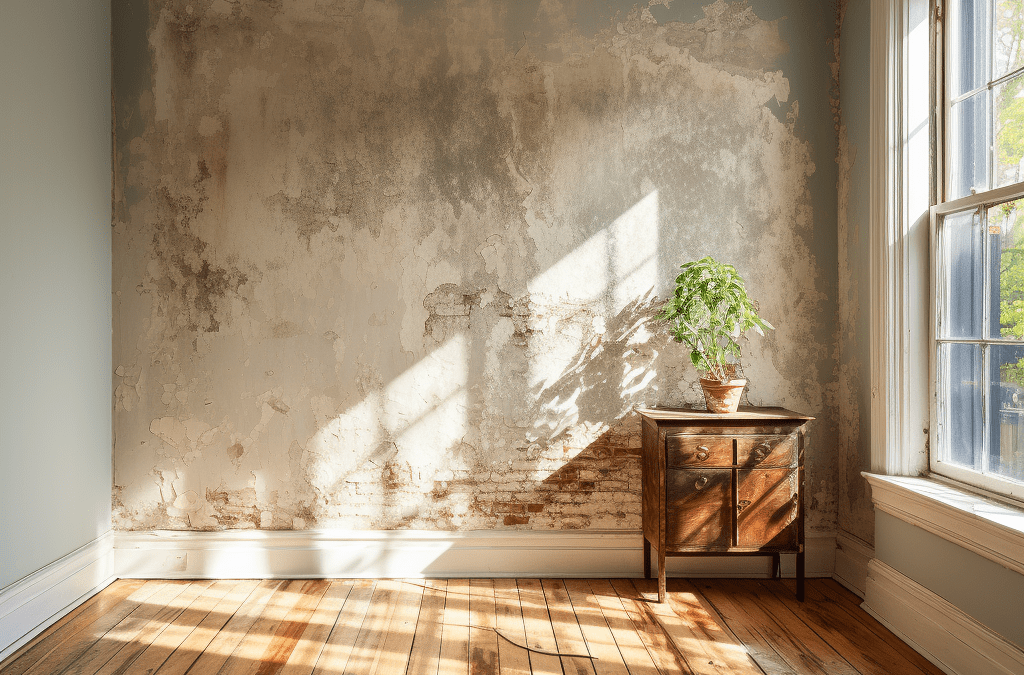Dealing with damp in your home can be a persistent and troublesome issue. Not only does it affect your living conditions, but it can also have a significant impact when you decide to sell your property. Many homeowners wonder how damp affects the value of their house and if it’s even possible to sell a home with damp issues. In this comprehensive guide, we will explore the various aspects of dampness in a house, its impact on property value, and the steps you can take to navigate this challenge successfully.
Understanding Dampness in a House: Dampness in a house is a pervasive problem that can manifest in various ways, both inside and outside your home. Recognizing the signs of dampness is crucial to understanding its impact on your property’s value:
-
Condensation: Condensation occurs when warm, moist indoor air comes into contact with cooler surfaces, leading to the formation of droplets on windows or walls. Common in kitchens and bathrooms, it can result in mould growth and streaks on walls.
-
Rising Damp: Rising damp happens when moisture from the ground permeates the building’s structure. Typically found in older homes built before 1875, it can cause stained or blistering paintwork and a musty odour throughout the house.
-
Penetrating Damp: This type of dampness occurs when water penetrates your walls or roof. It often spreads horizontally and can be caused by roof leaks or plumbing issues. Signs include brown stains on interior walls, ceiling damage, or bubbles in the plaster.
The Impact of Damp on House Sales: Dampness in a house can significantly affect the sale of your property. It’s essential to understand that you cannot conceal this issue; you are legally obligated to disclose it to potential buyers. Failing to do so may lead to legal consequences, as buyers have the right to sue the seller if they discover dampness after purchasing the property.
While dampness can be treated by professionals, the severity of the issue may vary. It’s crucial to hire experienced specialists to address the specific type of damp affecting your home. Document the treatment process thoroughly, as this information can be valuable when presenting your property to potential buyers.
If you choose not to treat the damp issue, you can still sell the property, but it may come at a cost. Damp can devalue a house by up to 20% if left untreated. Therefore, it’s advisable to address the problem proactively or adjust your selling price accordingly. Damp in a house can have unpredictable effects on pricing, making it wiser to deal with it head-on or adjust your expectations when selling.
Understanding the type of damp affecting your property and seeking professional treatment is essential. While damp can impact your property’s value, addressing the problem promptly or adjusting your selling price can help you navigate this challenge successfully. Remember that honesty is key when selling a home with dampness, ensuring a smooth and ethical property transaction.

